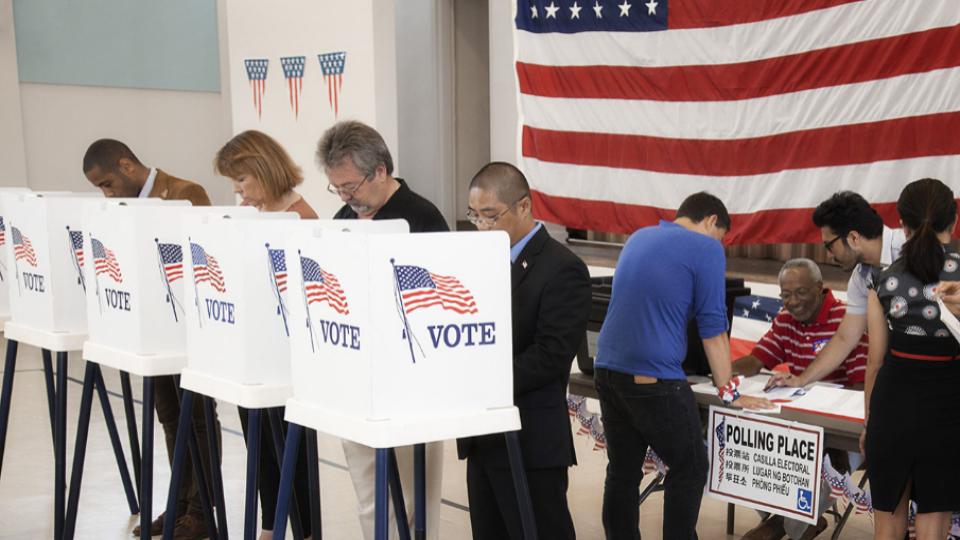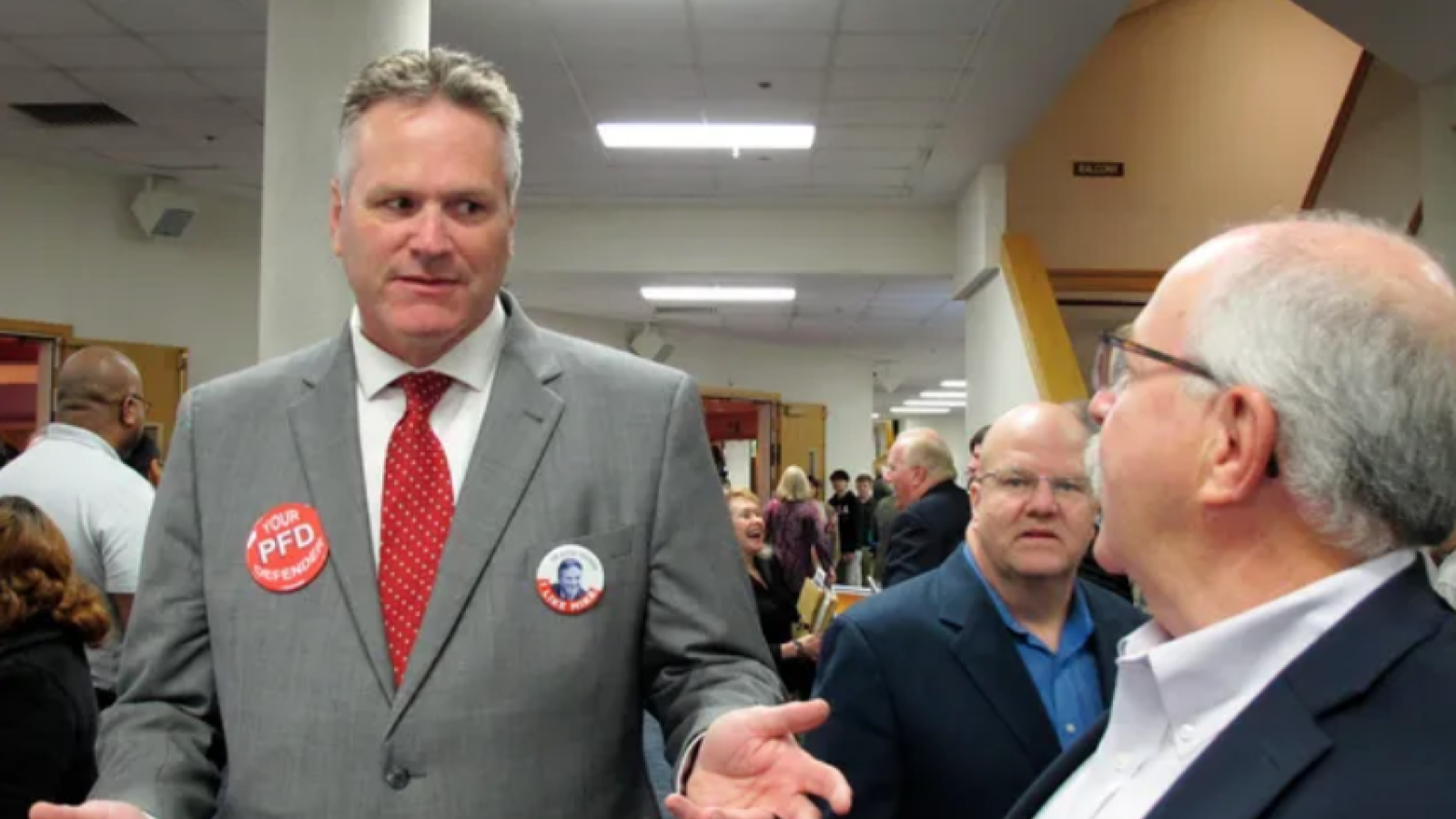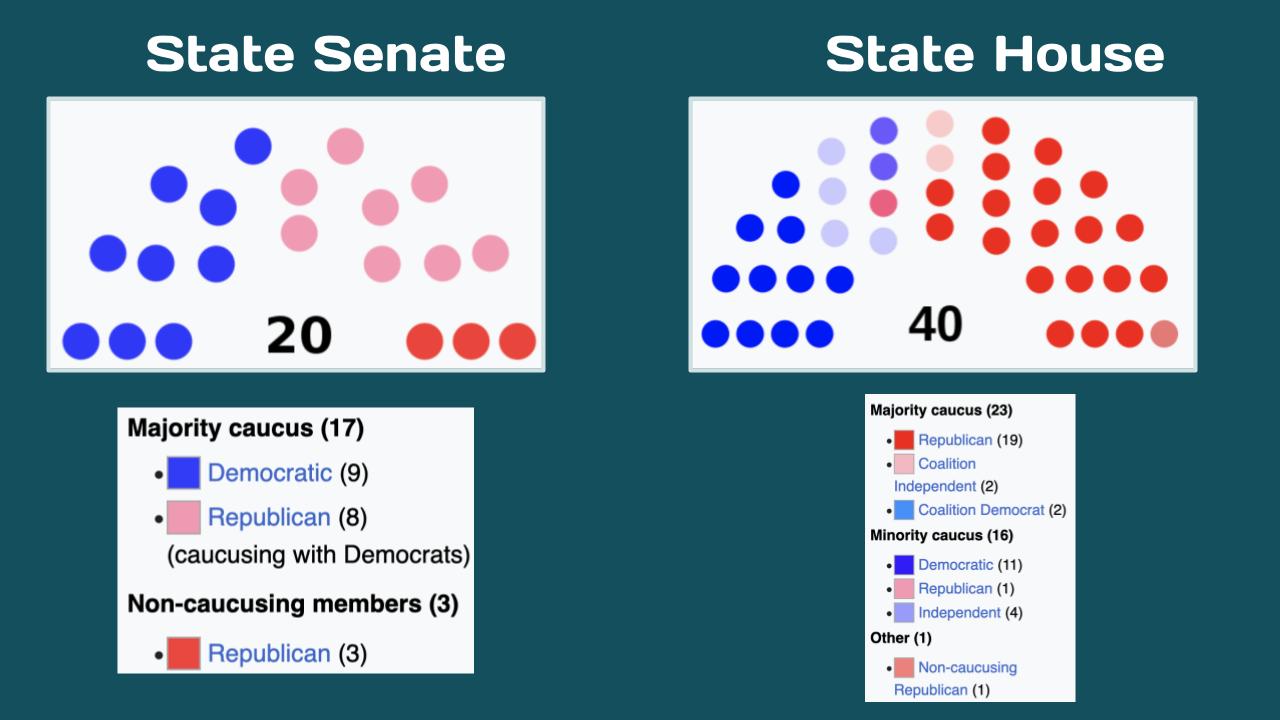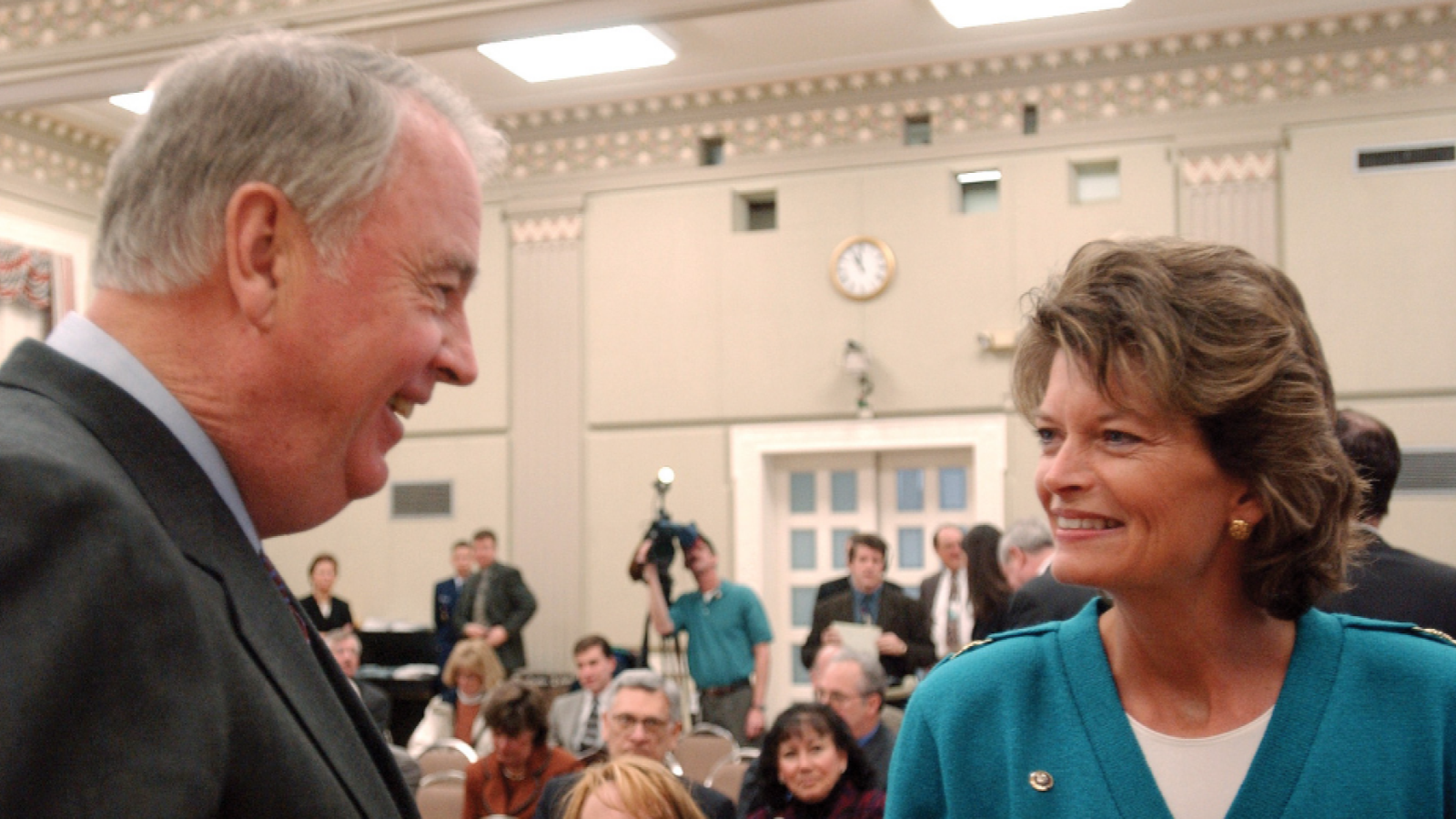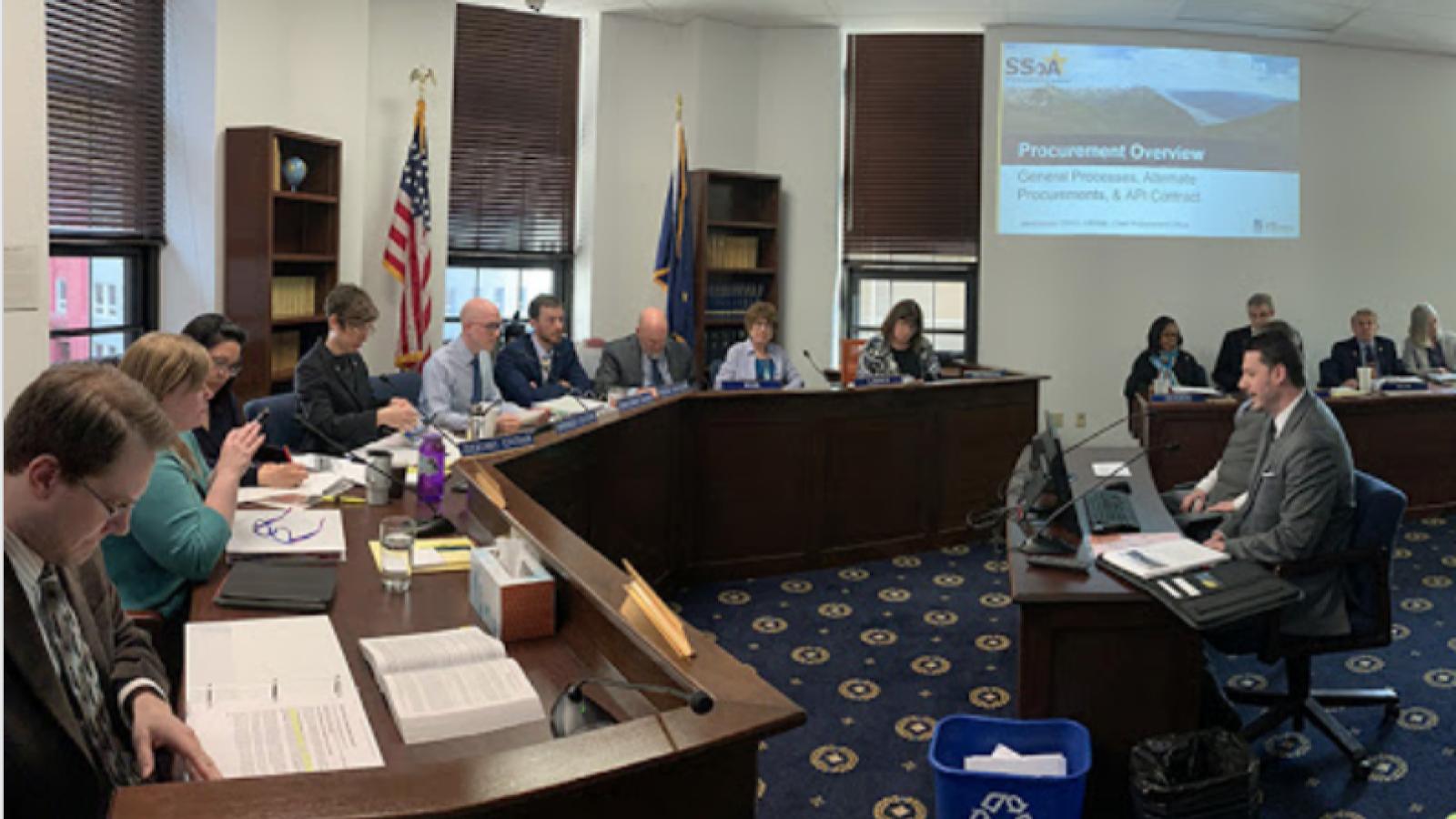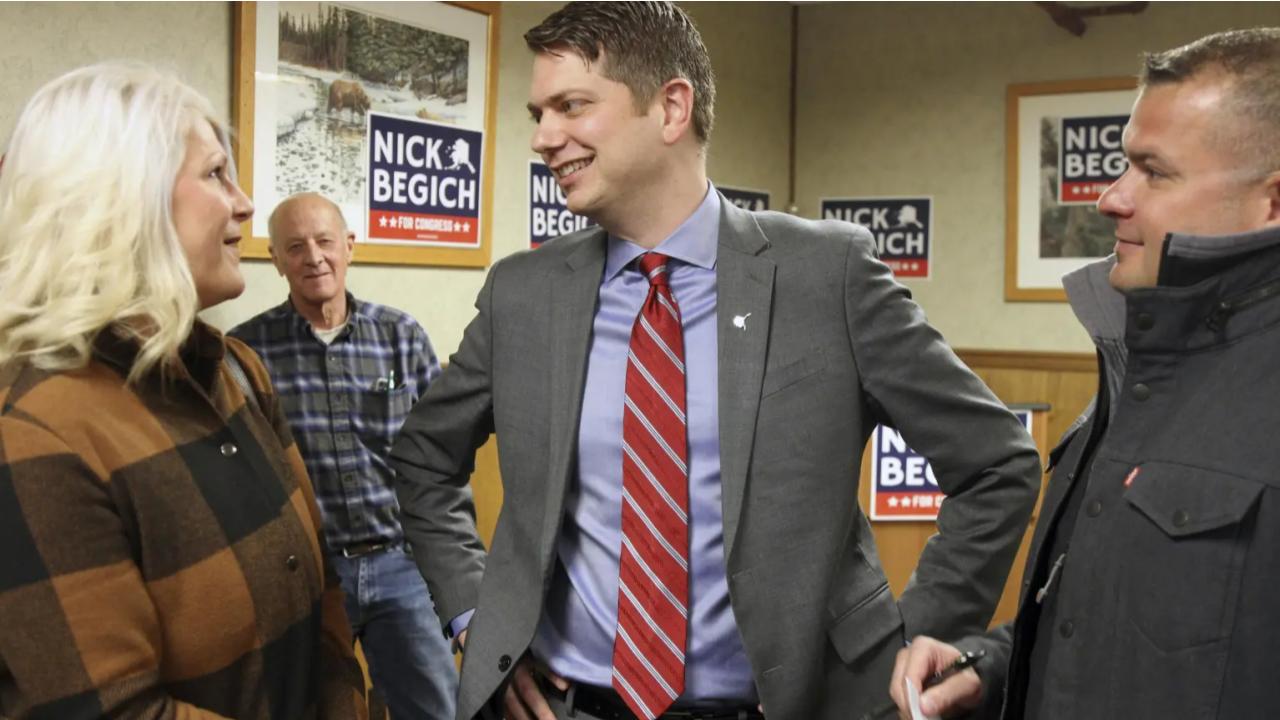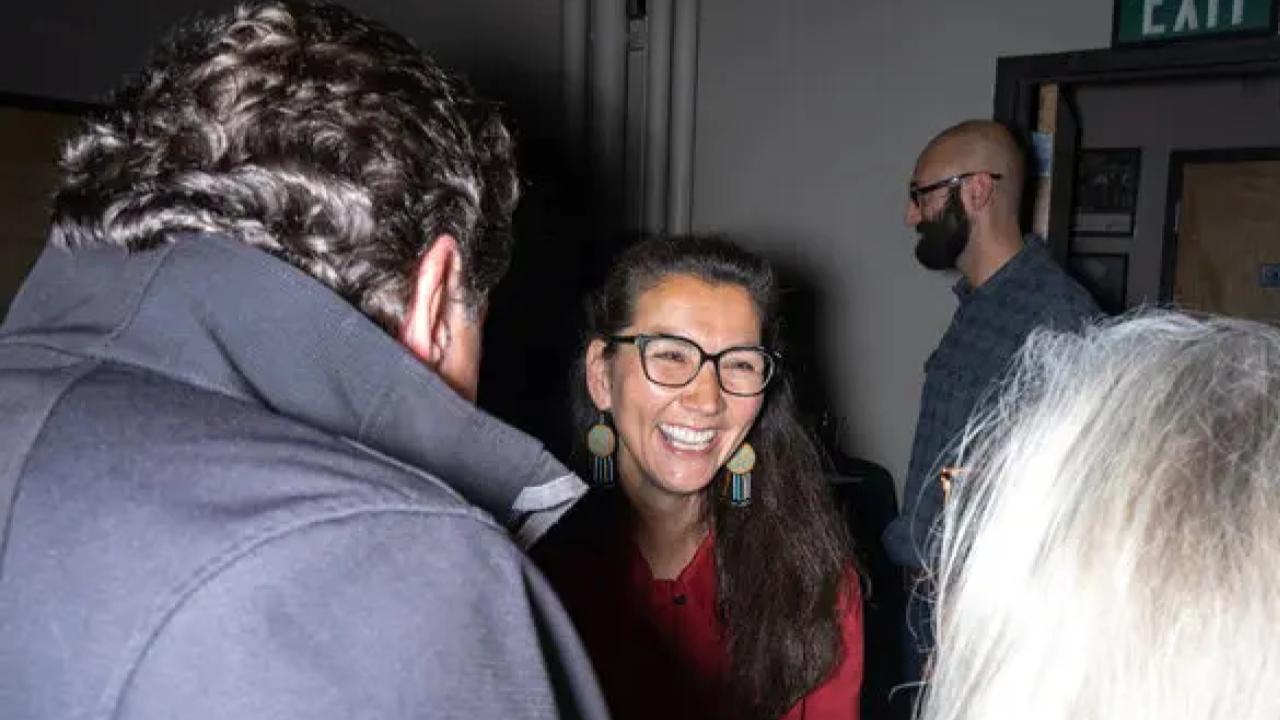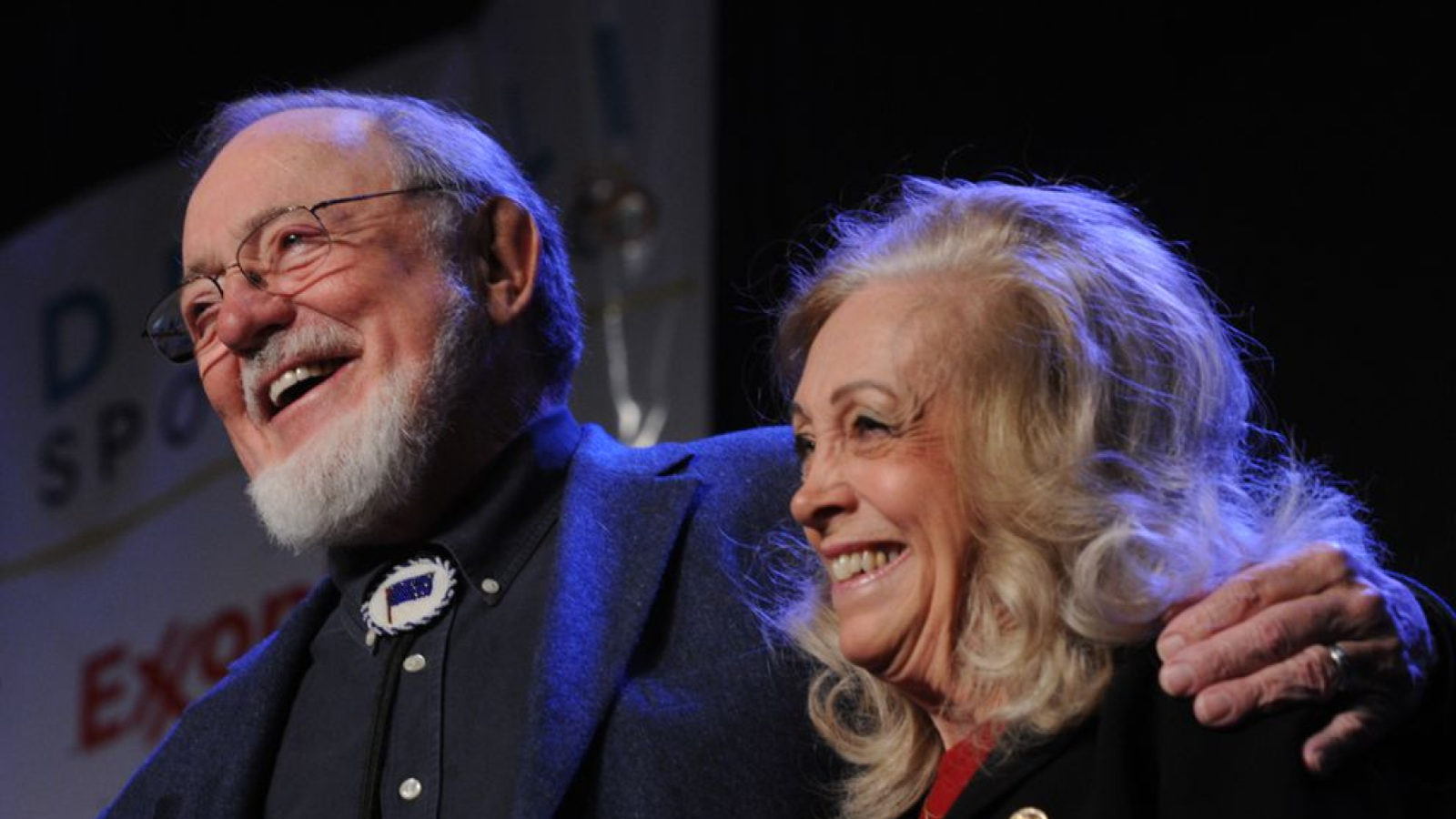Summary
Alaska is located in the Western region of the USA with Juneau as its capital. Mike Dunleavy (R) is Governor.
The Alaska legislature has 20 Senate members and 40 House members.
OnAir Post: Alaska onAir
News
The base content in each post in this Alaska onAir Hub has been updated as of 12/20/23. In addition to the eight posts on the home page, in depth posts on each US House member and posts on Alaska government and elections have been started. These posts have been shared with the US onAir Hub and will updated in the US onAir automatically when they are updated in this hub.
If your university or nonpartisan organization (such as a government focused research center, citizen engagement program or a League of Women Voters chapter) is interested in assisting the US onAir network to help curate new issue posts or other posts on this Hub and moderate the forums in each post, contact Ben Murphy at Ben.Murphy@onair.cc.
We are also supporting college students to start an onAir chapter on the their campus to coordinate the curation and moderation of posts especially on state and local representatives and government.
About
The Alabama onAir Hub supports Alaskans to become more informed about and engaged in local, state, and federal politics while facilitating more civil and positive discussions with their representatives, candidates, and fellow citizens.
- Alaska onAir is one of 50 state governance and elections hubs that the US onAir Network is providing to help reinvigorate US democracy. This post has short summaries of current state and federal representatives with links to their complete Hub posts. Students curate post content from government, campaign, social media, and public websites. Key content on the Alaska Hub is also replicated on the US onAir national Hub at: us.onair.cc.
- Alaska students will be forming onAir chapters in their colleges and universities to help curate Hub content. As more students participate and more onAir chapters are started, we will expand to include more state and local content as well as increase the number of aircasts – student-led, livestreamed, online discussions with candidates, representatives, and the public.
Find out more about Who Represents Me in Alaska
Learn more about the US onAir Network
All hub content in onAir hubs is free to the public. Hub ontent is under the Creative Commons Attribution-NonCommercial license which permits content sharing and adaptation by nonprofit organizations as long as proper attribution is given to its author(s) and is used for non-commercial purposes. Content and moderation guidelines reinforce our commitment to fact-based, comprehensive content and civil and honest discourse.
To participate in aircast and post discussions, email usdemocracy@onair.cc and include your first name last name, and zipcode. Your real name and any other profile information will not be displayed unless you choose to do so. Your personal information is not shared with any other website or organization.
Hub membership will enable you to:
- Participate in issue and interview aircasts (student-led livestreamed discussions);
- Interact directly with post authors and curators giving them feedback, content suggestions, and asking questions;
- Ask questions, make suggestions, and give endorsement to representatives
Web Links
State Representatives
Alaska is located in the Western region of the USA with Juneau as its capital. Mike Dunleavy (R) is Governor.
The Alaska legislature has 20 Senate members and 40 House members.
| Office | Name | Party | Assumed office | Next election | Term limited | Maximum term length | |
|---|---|---|---|---|---|---|---|
| Governor | Mike Dunleavy | Republican | December 3, 2018 | 2022 | No | Two consecutive terms | |
| Lieutenant Governor* | Kevin Meyer | Republican | December 3, 2018 | 2022 | No (retiring) | Two consecutive terms | |
Governor Mike Dunleavy
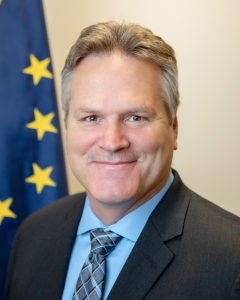 Current Position: Governor since 2018
Current Position: Governor since 2018
Affiliation: Republican
Former Position: State Senator from 2013 – 2018
Quotes:
I anticipate Secretary Haaland’s visit to the Last Frontier will provide her with a better understanding of the perils of federal overreach on the health and safety of Alaskans – especially our rural communities.
Mike Dunleavy defeated former U.S. senator Mark Begich in the 2018 gubernatorial election after incumbent governor Bill Walker dropped out of the race. He was reelected in 2022. He spent nearly two decades in northwest Arctic communities working as a teacher, principal, and superintendent.
OnAir Post: Mike Dunleavy – AK
US Representatives
Senator Lisa Murkowski
 Current Position: US Senator since 2003
Current Position: US Senator since 2003
Affiliation: Republican
Candidate: 2022 US Senator
Former Position: State Delegate from 1999 – 2002
Quotes:
Supporting survivors of violence should never be a partisan issue. That’s why I’m thankful my colleagues on the Senate HELP Committee advanced the Family Violence Prevention and Services Improvement Act I cosponsored alongside @SenBobCasey
Murkowski is the daughter of former U.S. senator and governor of Alaska Frank Murkowski. Before her appointment to the Senate, she served in the Alaska House of Representatives and was elected majority leader.
OnAir Post: Lisa Murkowski – AK
Senator Dan Sullivan
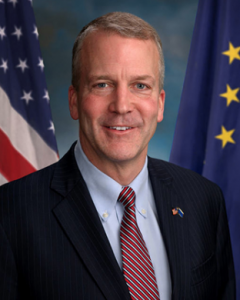 Current Position: US Senator
Current Position: US Senator
Affiliation: Democrat
Candidate: 2021 US Senator
Former Positions: Commissioner of the Alaska Department of Natural Resources from 2010 – 2013; Attorney General from 2009 – 2011
Dan Sullivan was in active duty for the United States Marine Corps from 1993 to 1997, 2004 to 2006, and in 2009 and 2013. Between 1997 and 1999, he clerked for judges on the United States Court of Appeals for the Ninth Circuit and the Alaska Supreme Court.
OnAir Post: Dan Sullivan – AK
Mary Peltola AK-01
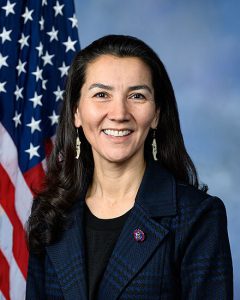 Current Position: US House of Representatives from 2022
Current Position: US House of Representatives from 2022
Affiliation: Democrat
Mary Peltola previously served as a judge on the Orutsararmiut Native Council’s tribal court, executive director of the Kuskokwim River Inter-Tribal Fish Commission, Bethel city councillor and member of the Alaska House of Representatives.
A member of the Democratic Party, Peltola defeated former Governor Sarah Palin and Alaska Policy Forum board member Nick Begich in an upset in the August 2022 special election
OnAir Post: Mary Peltola AK-01
More Information
Wikipedia
Contents
The government of Alaska in common with state and federal governments of the United States, has three branches of government: the executive, consisting of the Governor of Alaska and the state agencies; the state legislature consisting of two chambers, the House of Representatives and the Senate; and the judiciary consisting of the Supreme court and lower courts.
Alaska has 246 federally recognized tribal governments and one federal Indian (Native American) reservation.[1]
Executive branch
The Governor of Alaska is the senior-most official of the Alaska executive branch. The main Alaska state agencies are the:
- Department of Administration
- Department of Commerce, Community and Economic Development
- Department of Corrections
- Department of Education and Early Development
- Department of Environmental Conservation
- Department of Fish and Game
- Department of Health and Social Services
- Department of Labor and Workforce Development
- Department of Law
- Department of Military and Veteran Affairs
- Department of Natural Resources
- Department of Public Safety
- Department of Revenue
- Department of Transportation and Public Facilities
Other agencies are the:
- Alaska Division of Juvenile Justice
- Alaska Permanent Fund
- Alaska Volcano Observatory
- Alaska Oil and Gas Conservation Commission
- Alaska State Pension Investment Board
The current Governor of Alaska is Mike Dunleavy (R) and the Lieutenant Governor of Alaska is Nancy Dahlstrom (R).
Legislature
Alaska has a Legislature. It is a bicameral institution, consisting of a lower chamber, the Alaska House of Representatives with 40 members, and an upper chamber, the Alaska Senate with 20 members. There are 40 House Districts (1-40) and 20 Senate Districts (A-T).[2] The Alaska Legislature meets in the State Capitol building in Juneau.
Judiciary
The Alaska Court System is the unified, centrally administered, and totally state-funded judicial system. The Alaska District Court are the primary misdemeanor trial courts, the Alaska Superior Courts are the primary felony trial courts, and the Alaska Supreme Court and the Alaska Court of Appeals are the primary appellate courts. The Chief Justice of the Alaska Supreme Court is the administrative head of the Alaska Court System.
Local government
Alaska has two levels of local government, including boroughs (of which there are 19) and cities (currently 144). Boroughs in Alaska play a role very similar to Counties in 48 other states and Parishes in Louisiana.[3] Owing to the state’s low population density, most of the land is located in the Unorganized Borough which, as the name implies, has no intermediate borough government of its own, but is administered directly by the state government. Currently (2000 census) 57.71 percent of Alaska’s land area has this status; however, its population comprises only 13.05 percent of the state’s total. For statistical purposes the United States Census Bureau divides this territory into census areas .
Several population centers, including Anchorage and Juneau, have merged their city and borough governments because very few residents of these communities live outside the city but inside the borough. Other localities have both city governments and borough governments–borough governments provide services to less densely populated areas than city governments.[4]
Alaska has several types of borough governments and city governments: cities are divided into home rule, first class and second class cities. Boroughs are divided into home rule, first class, second class, and third class boroughs. The difference between these levels of organization (i.e., home rule, first class, second class and so on) is that some boroughs and cities have greater responsibility to provide certain kinds of services, and greater power including greater authority to tax. In general, “home rule” governments have more responsibility and authority than first class governments, first class governments have more responsibility and authority than second class governments and so on. For example, home rule cities may tax property at a higher rate than second class cities (30 vs. 20 mills) but are required to provide educational services (local schools) while second class cities are not permitted to operate local schools. Home rule cities and boroughs also have greater authority in land use planning, transportation infrastructure, licensing, regulation, waste disposal, economic development, emergency medical services and so on. These differences are complicated somewhat when cities sit inside of boroughs. For example, boroughs are required to operate local schools and therefore if a first class city sits inside of a borough it is not also required to operate a local school district.[3]
Areas where no city or borough governments have yet been established are said to sit inside “the Unorganized Borough.” In these areas, state government provides most services that would otherwise be provided by cities or boroughs.[3]
See also
References
- ^ University of Alaska Justice Center local & borough government Archived 2006-09-02 at the Wayback Machine
- ^ “Archived copy” (PDF). Archived from the original (PDF) on 2014-08-26. Retrieved 2014-08-22.
{{cite web}}: CS1 maint: archived copy as title (link) - ^ a b c “Local Government in Alaska”. allege.gov. Alaska State Legislature. Retrieved 2020-08-22.
- ^ “Local Government in Alaska”. akleg.gov. Alaska State Legislature. Retrieved 2020-08-22.
External links
